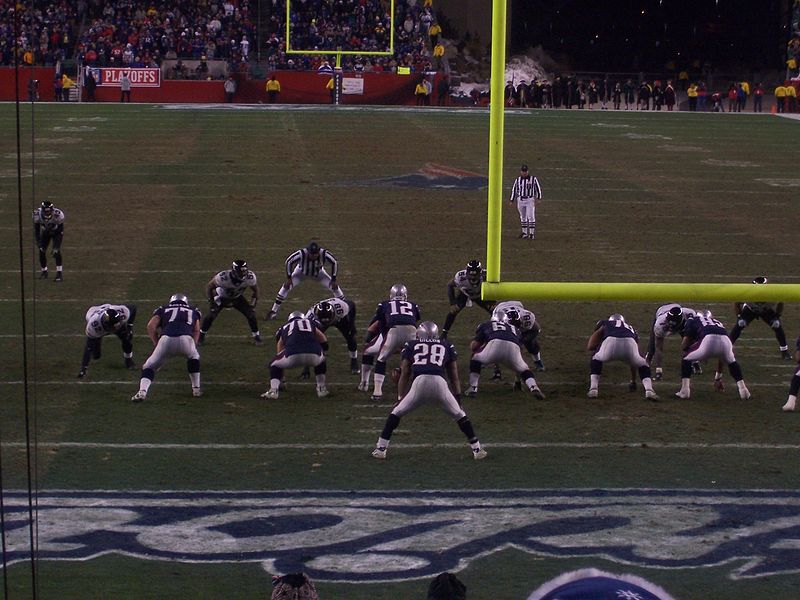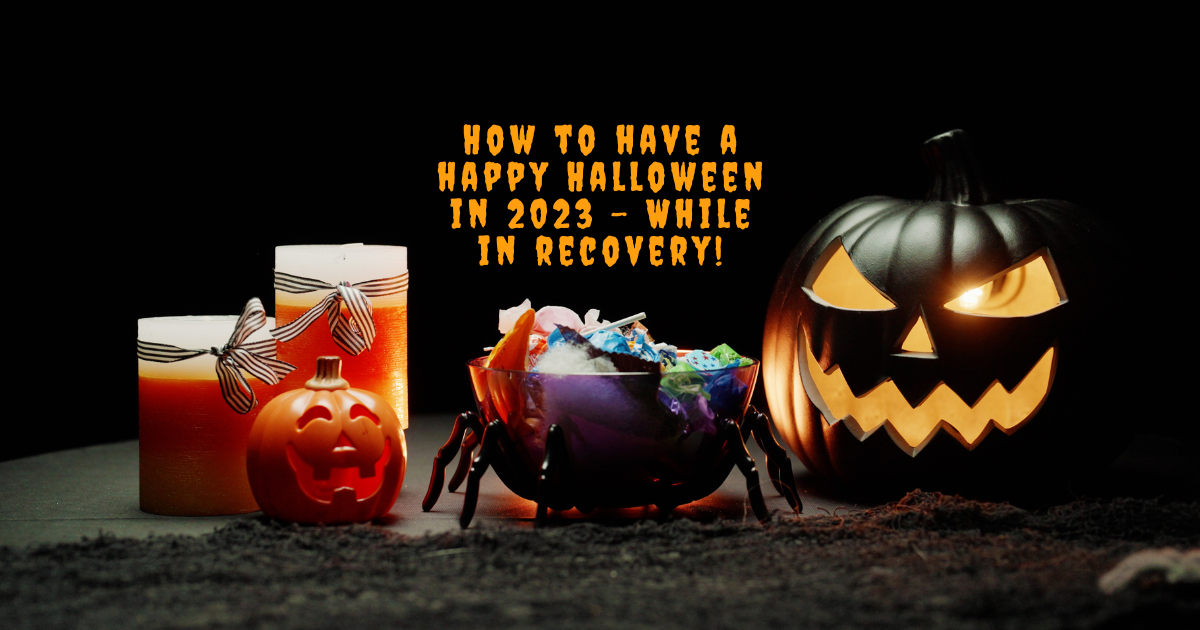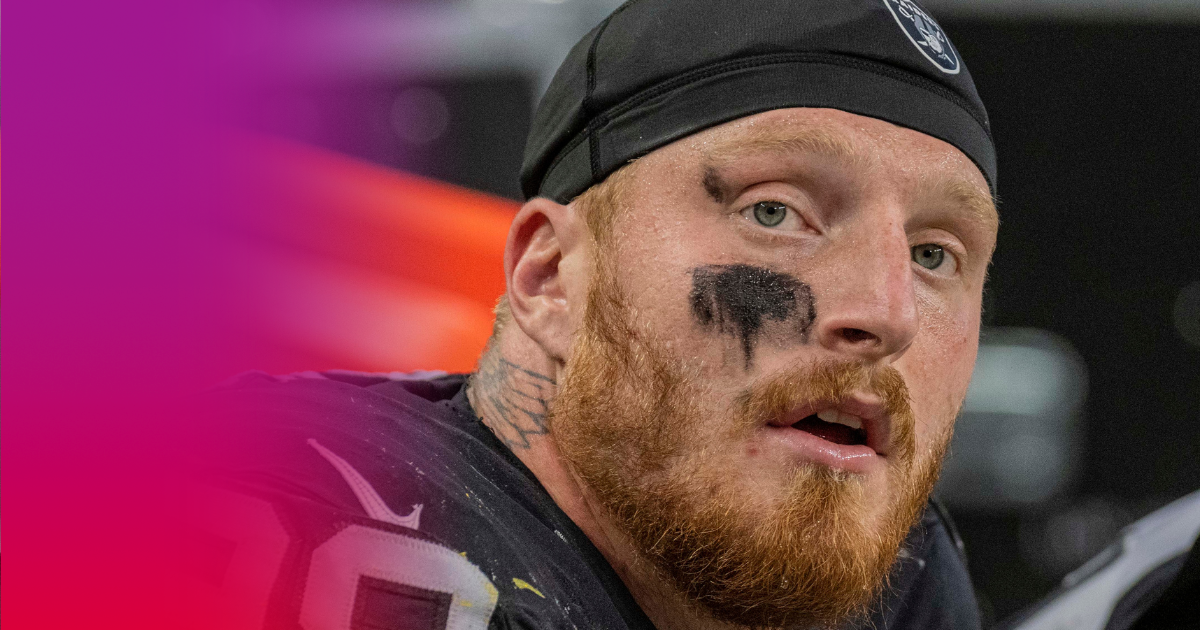In a statement posted to Twitter on this morning, Patriots Wide Receiver Josh Gordon said that he would be taking time away from football in order to focus on his mental health.
“I take my mental health very seriously at this point to ensure I remain able to perform at the highest level,” Gordon’s post said. “I have recently felt like I could have a better grasp on things mentally. With that said, I will be stepping away from the football field for a bit to focus on my mental health.”
The post went on to thank the Patriots organization, the coach, and his fans as they support him in his path to recovery and healthy living. Gordon reportedly faces indefinite suspension from the NFL for violating the terms of his reinstatement under the substance abuse policy.
Coming from a recovery point of view, we at Landmark Recovery, applaud Gordon on making mental health a top priority in his life. Sports stars and other celebrities speaking up in the fight against mental health and addiction issues is exactly what the community needs to reverse the negative stigma that shrouds these issues.
This is not the first time Gordon’s mental health has been in the news.
Drafted in 2012 to the Cleveland Browns, Gordon missed two games during the 2013 season for violating the league’s substance abuse policy. Despite this, Gordon led the league in receiving yards that year, showing promise as a budding star in the NFL.
However, his off-field problems would soon become too much.
Gordon was arrested for driving while impaired during the 2014 off season and only played five games that year due to suspensions. Failed drug and alcohol tests led to Gordon being suspended for the entire 2015 season and part of the 2016 season.
But after receiving a four-game suspension in the 2016 season, Gordon chose to leave the Cleveland Browns to enter an inpatient rehabilitation facility in an effort to free himself from his substance abuse problems.
During his career in the NFL, Gordon had tested positive on separate occasions for marijuana, codeine, and alcohol. Gordon has said previously that he’s also used xanax and cocaine on several occasions.
“[Getting help] is the right decision for me and one that I hope will enable me to gain full control of my life and continue on a path or reach my full potential as a person,” Gordon’s 2016 statement said.
Pats1 at English Wikipedia, New England Patriots 2005AFCWCP1, CC BY-SA 3.0
Gordon eventually returned to the team in 2017 but was traded in 2018 to the New England Patriots. In 11 games with the team, Gordon caught 40 passes for 720 yards and three touchdowns.
In a 2017 profile published in Sports Illustrated, Gordon opened up about his rough upbringing that may have contributed to his substance abuse problems. Growing up in Houston, Gordon was surrounded by gang activity throughout his early life. He didn’t believe he would live past 18.
But he did.
Gordon, now 27 years old, is working toward making his mental health and sobriety a top priority in his life.
This is not the first time a professional athlete has spoken publicly on mental health problems. In March, Cleveland Cavaliers star, Kevin Love wrote an article about panic attacks he experienced during games. Similarly, while he was on the Toronto Raptors, DeMar DeRozan spoke with the Toronto Star on the feelings of depression and anxiety that he struggles with.
“It’s nothing I’m against or ashamed of,” DeRozan said. “Now, at my age, I understand how many people go through it.”
We’re encouraged to see players like Gordon, Love, and DeRozan open up about mental health, something that has been stigmatized over the past few years. If more players and noteworthy people are able to come out and speak on this issue, it can help to change the narrative regarding mental health and addiction.
Addiction and mental health disorders are a difficult thing to accept and overcome, but can be easier if patients are receiving the support from they need not only from medical professionals but from family and loved ones as well.
Changing the stigmas surrounding these issues is hard, but it can also save lives and we are here to help. If you or a loved one you know is struggling with drug and alcohol addiction we hope to be your first call at: 888-448-0302.

Choose Recovery Over Addiction
We're here 24/7 to help you get the care you need to live life on your terms, without drugs or alcohol. Talk to our recovery specialists today and learn about our integrated treatment programs.




